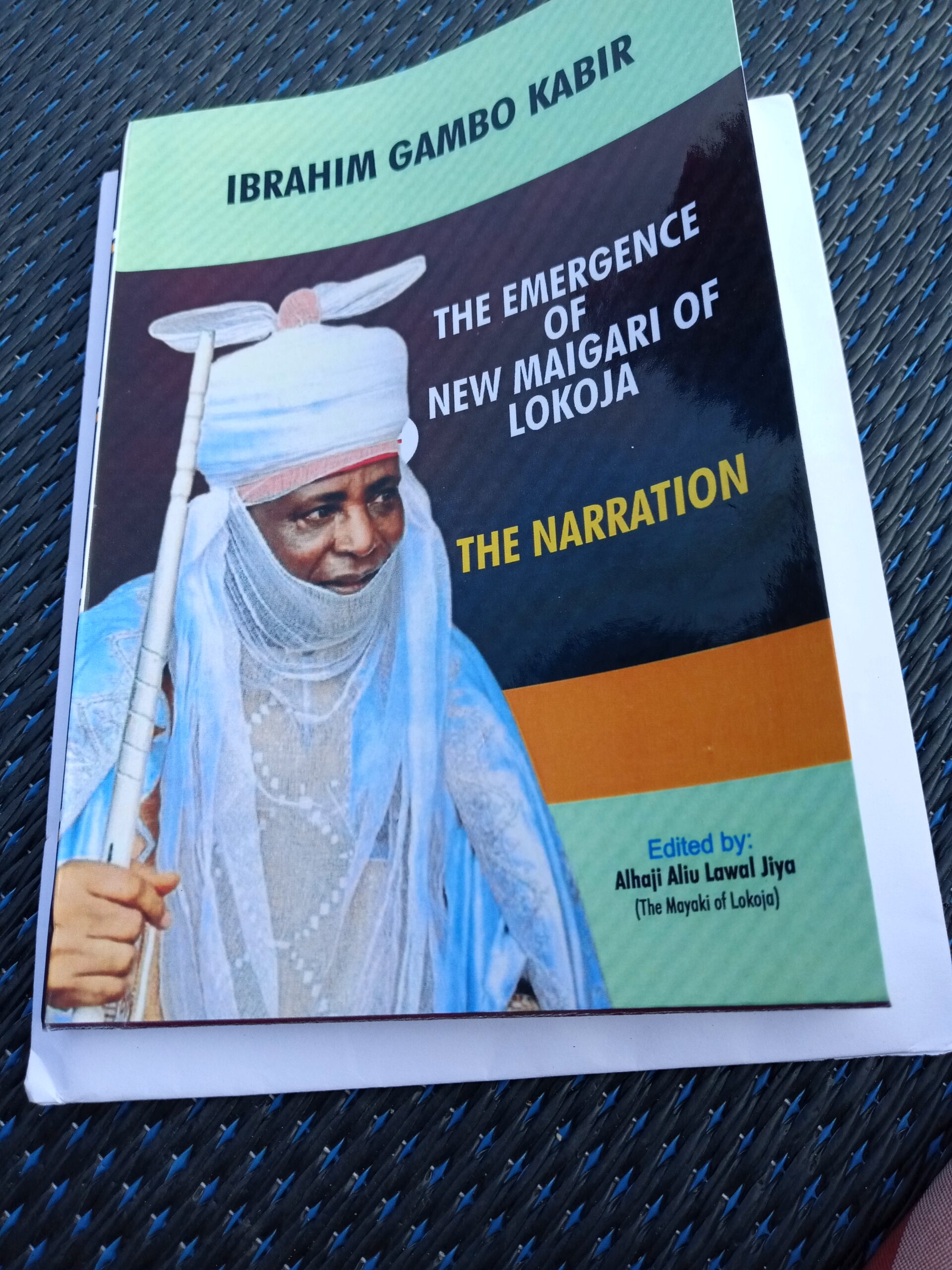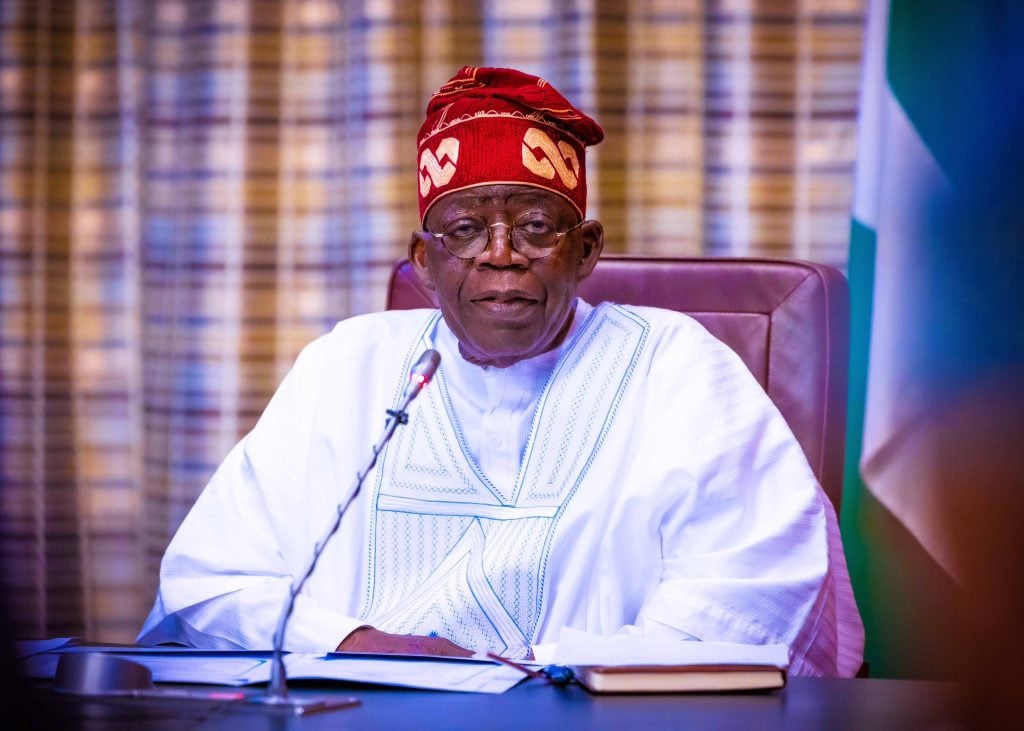
Nigerians looking forward to having their votes transmitted electronically may have had their hopes dashed, as the National Assembly has sought to bar such method in future elections in the country.
This is as the lawmakers have opted for the existing way of transporting election results by human movements from pooling units down to collation centres in the electoral Act amendment bill, just as they also introduced a new section to make electronic voting optional.
It will be recalled that the Independent National Electoral Commission, INEC in 2015 introduced card reader which has since become a necessary component in electoral process but without any legislative framework legalising it.
The amendment of 2010 Electoral Act was expected to legalize the use of card reader, electronic voting and electronic transmission of results, but was jettisoned via argument that the nation wasn’t ripe for such.
Findings have revealed that the changes were contained in Section (2) of the bill which is most likely to be laid before the two chambers of the National assembly on Tuesday.
Section 50 (1) & (2) read thus: “section (50) (1) Voting at an election under this bill shall be open secret ballot.
“(2) Voting at an election under this bill shall be in accordance with the procedure determined by the Commission which may include electronic voting PROVIDED that the Commission shall not transmit results of elections by electronic means.”
Similarly, section 49 of the bill stipulates separation of the male voters from female queue in areas where such culture is prevalent.
It reads: “The Presiding officer shall separate the queue between men and women if in that area of the country the culture is such that it does not permit the mingling of men and women in the same queue.”
The bill also stipulates benchmark for election donations and expenses by both political parties and individuals.
While a presidential candidate is to spend maximum of N15,000,000,000, the governorship candidate is to spend N5,000,000,000 only.
The bill also provided penalties for any contravention that may be incurred by the parties.
Section 85 read thus: “Any political party that- (a) holds or posses any fund outside Nigeria in contravention of section 225 (3) (a) of the Constitution commits an offence and shall on conviction forfeits the funds or assets purchased with such funds to the Commission and in addition may be liable to a fine of at least N5 million or (b) retains any fund or other asset remitted to it from outside Nigeria in contravention of section 225(3) (a) of the constitution is guilty of an offence and shall on conviction forfeits the funds or assets to the Commission and in addition may be liable to a fine of at least 5,000,000,00.
“Section 86(1) Every political party shall submit to the Commission a detailed annual statement of Assets and Liabilities and analysis of its funds and other assets together with statements of its expenditure including hard and soft copy of its list of members, or in such a form as the Commission may from time to time require.
“(2) Any official of the political party who contravenes subsection (1) commits an offence and is liable to fine of 1,000,000,00 or imprisonment for a term of six months or both.
“(3) A political party shall grant to any officer authorised in writing by the Commission, access to examine the records and audited accounts kept by the political party in accordance with the provisions of this bill and the political party shall give to the office all such information as may be requested in relation to all contributions received by or on behalf of the party.
“Section 87 (1) The Commission shall have power to place limitation on the amount of money or other assets which an individual can contribute to a political party or candidate and to demand such information on the amount donated and source of the funds.
“(2) Any individual, candidate or political party who exceeds the limit placed by the Commission in subsection (1) commits an offence and liable on conviction to-(a) a case of political party, a fine not more than 10,000,000,00 and forfeiture of the amount donated and (b) in case of an individual, a fine of five times the amount donated in excess of the limit placed by the Commission.
“Section(1) Election expenses shall not exceed the sum stipulated in subsections (2), (3), (4), (5), (6)and (7) .
“(4) The maximum of election expenses to be incurred by a candidate in respect of senatorial and House of Representatives seats shall not exceed 1,500,000,000,00 and 500,000,000,00 respectively
“(5) In the case of State assembly election, the maximum amount of election expenses to be incured by a candidate shall not exceed 50,000,000,00.
“(6) In the case of a chairmanship election to an area Council, the maximum amount of election expenses to be incurred by a candidate shall not exceed 50,000,000,00
“(7) In the case of councillorship election to an area Council, the maximum amount of election expenses to be incurred by a candidate shall not exceed 5,000,000.00
“(9) No individual shall donate to a candidate any amount of money that is more than 50,000,000,00,” the provisions read.











